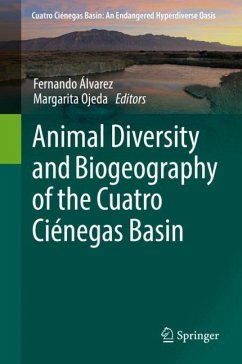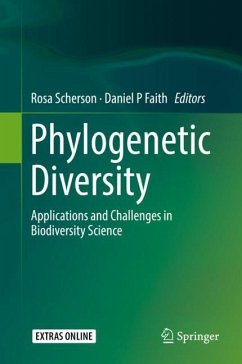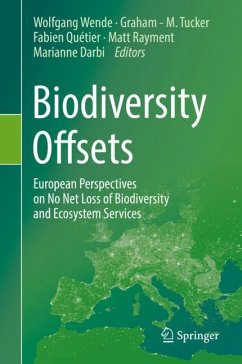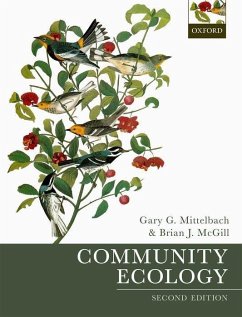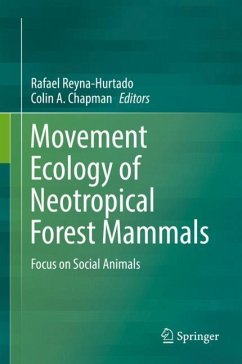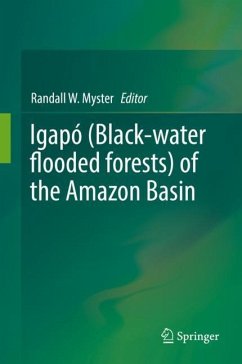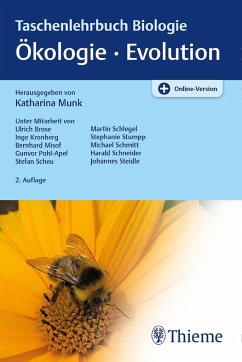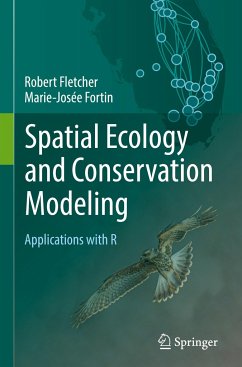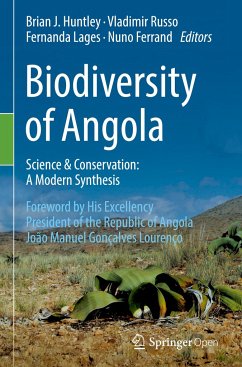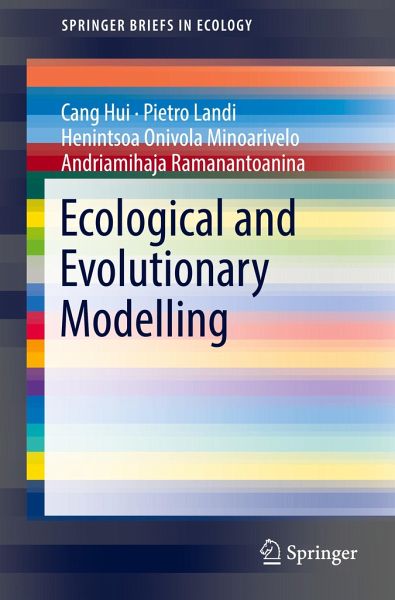
Ecological and Evolutionary Modelling

PAYBACK Punkte
26 °P sammeln!
Ecology studies biodiversity in its variety and complexity. It describes how species distribute and perform in response to environmental changes. Ecological processes and structures are highly complex and adaptive. In order to quantify emerging ecological patterns and investigate their hidden mechanisms, we need to rely on the simplicity of mathematical language. Ecological patterns are emerging structures observed in populations, communities and ecosystems. Elucidating drivers behind ecological patterns can greatly improve our knowledge of how ecosystems assemble, function and respond to chan...
Ecology studies biodiversity in its variety and complexity. It describes how species distribute and perform in response to environmental changes. Ecological processes and structures are highly complex and adaptive. In order to quantify emerging ecological patterns and investigate their hidden mechanisms, we need to rely on the simplicity of mathematical language. Ecological patterns are emerging structures observed in populations, communities and ecosystems. Elucidating drivers behind ecological patterns can greatly improve our knowledge of how ecosystems assemble, function and respond to change and perturbation. Mathematical ecology has, thus, become an important interdisciplinary research field that can provide answers to complex global issues, such as climate change and biological invasions.
The aim of this book is to (i) introduce key concepts in ecology and evolution, (ii) explain classic and recent important mathematical models for investigating ecological andevolutionary dynamics, and (iii) provide real examples in ecology/biology/environmental sciences that have used these models to address relevant issues. Readers are exposed to the key concepts, frameworks, and terminology in the studies of ecology and evolution, which will enable them to ask the correct and relevant research questions, and frame the questions using appropriate mathematical models.
The aim of this book is to (i) introduce key concepts in ecology and evolution, (ii) explain classic and recent important mathematical models for investigating ecological andevolutionary dynamics, and (iii) provide real examples in ecology/biology/environmental sciences that have used these models to address relevant issues. Readers are exposed to the key concepts, frameworks, and terminology in the studies of ecology and evolution, which will enable them to ask the correct and relevant research questions, and frame the questions using appropriate mathematical models.





